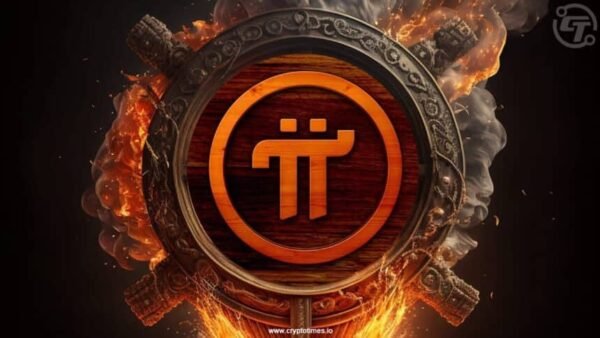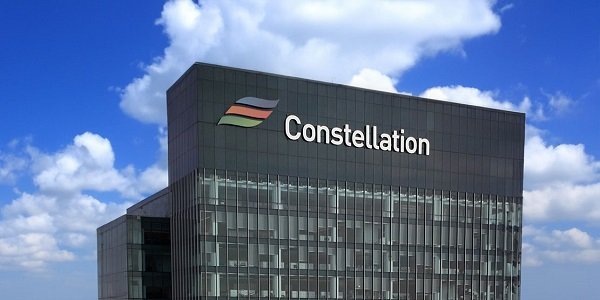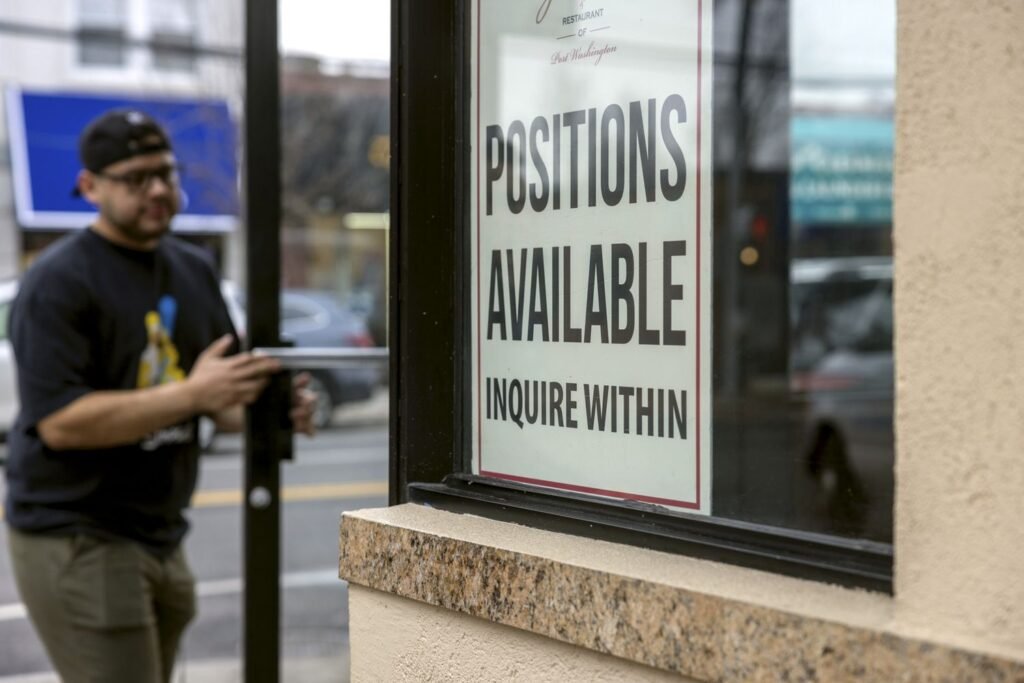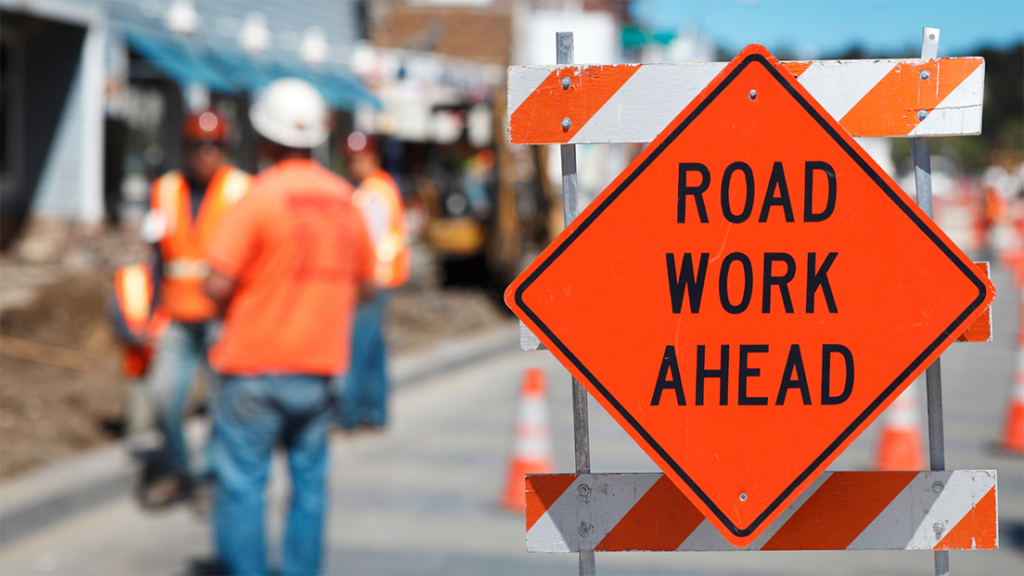The rise of Artificial Intelligence has sparked countless debates, from its potential to cure diseases to its looming presence in the job market.
One particularly provocative viewpoint comes from Marc Andreessen, the co-founder of Andreessen Horowitz, who envisions a future where AI crashing human wages might be a necessary, albeit uncomfortable, step towards unprecedented abundance.
Andreessen’s Techno-Optimistic Vision
Andreessen isn’t shying away from the potential disruption AI could bring. He’s suggesting something radical: a world where AI dramatically reduces the value of human labor, leading to a significant drop in wages. On the surface, this sounds like a dystopian nightmare, but Andreessen argues it’s a crucial transition phase.
His logic hinges on the idea that this “wage crash” will be accompanied by:
- Explosive Productivity Growth: AI will automate tasks, optimize processes, and unlock efficiencies we can barely imagine today, leading to an exponential increase in overall productivity.
- Near-Zero Prices: As productivity skyrockets, the cost of producing goods and services will plummet, driving prices down to levels previously unheard of.
- A Consumer Cornucopia: The combination of low wages (initially) and incredibly cheap goods creates a world where even those with reduced earning power can afford a high standard of living.
In essence, Andreessen paints a picture where the traditional link between labor and wealth is severed. Instead of relying on wages for survival, people would benefit from the sheer abundance generated by AI, creating a “consumer cornucopia.”
Is He Right? The Nuances to Consider
Andreessen’s vision is undeniably optimistic, but it also raises some critical questions:
- The Transition Period: How do we manage the transition period where wages are crashing but the benefits of abundance haven’t fully materialized? Will there be safety nets and retraining programs to support those displaced by AI?
- The Distribution of Wealth: Even in a world of abundance, how do we ensure that the benefits are distributed equitably? Will the concentration of power in the hands of those who control the AI systems exacerbate existing inequalities?
- The Value of Human Contribution: If machines can do everything more efficiently, what becomes of human purpose and fulfillment? How do we redefine value in a world where labor is no longer the primary driver of economic worth?
Beyond Wages: Reimagining Value
Perhaps the “AI wage crash” isn’t about the end of work, but about the evolution of work. As AI takes over routine tasks, humans can focus on uniquely human endeavors: creativity, innovation, complex problem-solving, and building meaningful relationships.
The challenge lies in preparing for this shift. We need to invest in education and training programs that equip people with the skills to thrive in an AI-driven world.
We need to foster a culture that values innovation and adaptability. And we need to have honest conversations about the ethical implications of AI and how to ensure that its benefits are shared by all.
Andreessen’s vision, while provocative, forces us to confront these critical questions. Whether we agree with his optimistic outlook or not, the conversation about the future of work and the role of AI is one we can no longer afford to ignore.
Also Read
2025-02-07 06:27:39

















